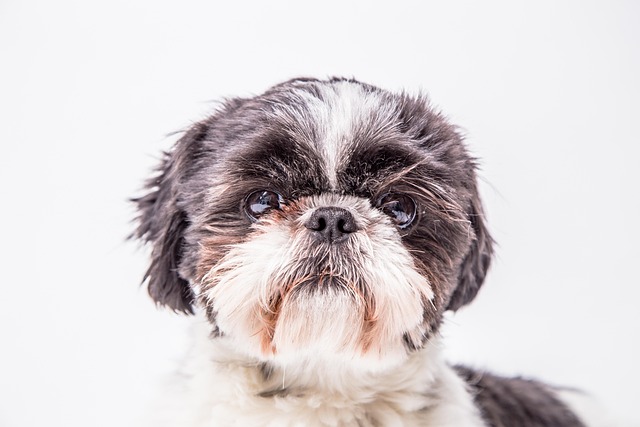
How do i train my dog to be obedient?
Watching your dog dart across the park ignoring your calls isn’t just frustrating—it can put them at risk near busy streets or public spaces.
New puppy parents quickly learn that those tiny paws come with a big learning curve—especially when it comes to where your fur baby decides to relieve themselves. That’s where potty pad training steps in, a game - changer for busy households, apartment dwellers, or anyone navigating those early weeks with a little one still getting the hang of their body.
Start by picking a spot and sticking to it. It should be somewhere your puppy can access easily—maybe a corner of the laundry room or near the back door—but not in the middle of all the action. Dogs like privacy when doing their business, just like us, so steer clear of high - traffic areas where they might get distracted mid - task. Lay down a pad (or two, to be safe) and let them sniff it out—curiosity will do the rest.
Keep a close watch during the first few weeks. Puppies need to go frequently—after naps, meals, playtime, even just 10 minutes after drinking water. When you see them circling, sniffing the floor like they’re on a treasure hunt, or squatting, scoop them up gently and plop them on the pad. Most of the time, they’ll finish what they started once they’re in the right spot.
 When they do their business on the pad, make a big deal out of it. A tiny treat—something they go crazy for, like a piece of freeze - dried chicken—and a bunch of excited praise will make them think, “Hey, this pad thing gets me good stuff!” Never scold them for accidents; they won’t connect the mistake to the scolding hours later, and it might make them scared to go near you when they need to go. Kindness works way better, and it’s what’s expected in most places that care about animal welfare.
When they do their business on the pad, make a big deal out of it. A tiny treat—something they go crazy for, like a piece of freeze - dried chicken—and a bunch of excited praise will make them think, “Hey, this pad thing gets me good stuff!” Never scold them for accidents; they won’t connect the mistake to the scolding hours later, and it might make them scared to go near you when they need to go. Kindness works way better, and it’s what’s expected in most places that care about animal welfare.
Messes happen—don’t sweat it. Blot up accidents with paper towels first, then use a cleaner made for pet stains. These break down the smell so your puppy won’t think, “This carpet is my new pad.” And once they’re old enough (usually after their final round of vaccines, around 16 weeks), start mixing in short outdoor trips. Carry a bag every time—leaving waste behind isn’t just rude, it’s against the law in most cities, with fines that can add up fast.
Living in an apartment? Be mindful of neighbors. Pads can get stinky, so change them daily and maybe use a spray to keep odors in check. No one wants to walk down the hall and catch a whiff of puppy pee. And if you share walls, try not to let training sessions turn into loud chaos—calm consistency helps both your pup and the folks next door.
Potty pad training takes time, but it’s worth it. Some days will feel like you’re making progress, others like you’re back to square one. Stay patient, keep rewarding the good stuff, and remember: every puppy learns at their own pace. Before you know it, they’ll be trotting over to that pad like it’s second nature, leaving you with more time for snuggles and fewer trips to the cleaning closet.

Watching your dog dart across the park ignoring your calls isn’t just frustrating—it can put them at risk near busy streets or public spaces.

New puppy owners often find themselves rushing to clean up accidents before they set in, and that’s where puppy pad training becomes a game-changer.

If you've noticed your dog's waistline disappearing and your veterinarian has mentioned those few extra pounds, your first instinct might be to simply reduce the amount of food in their bowl.

Training a dog to use a designated spot indoors isn’t as daunting as many new owners fear, but it does take consistency and an understanding of your pet’s needs.

That moment of dread on a walk is all too familiar for many new dog owners. You see another dog approaching down the sidewalk of your neighborhood

If the sight of another dog on your neighborhood walk makes your heart sink as your own dog erupts into a frenzy of barking and lunging, you're not alone.